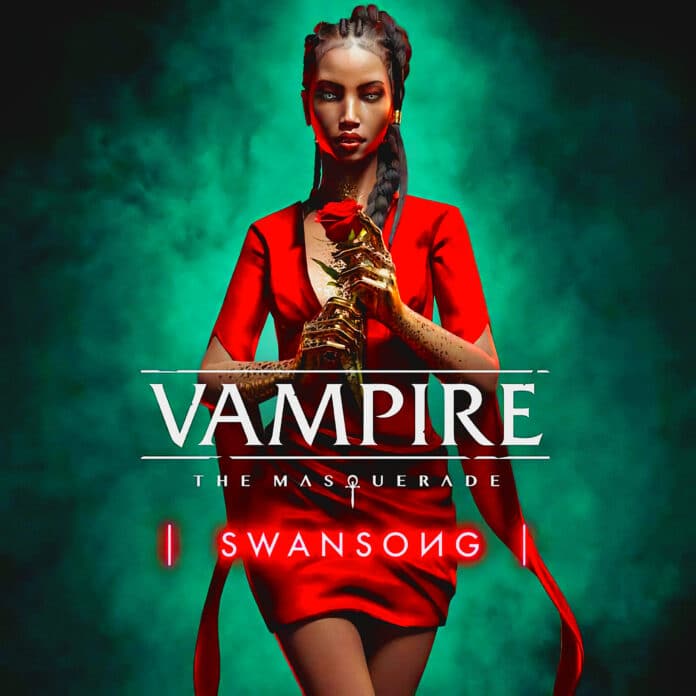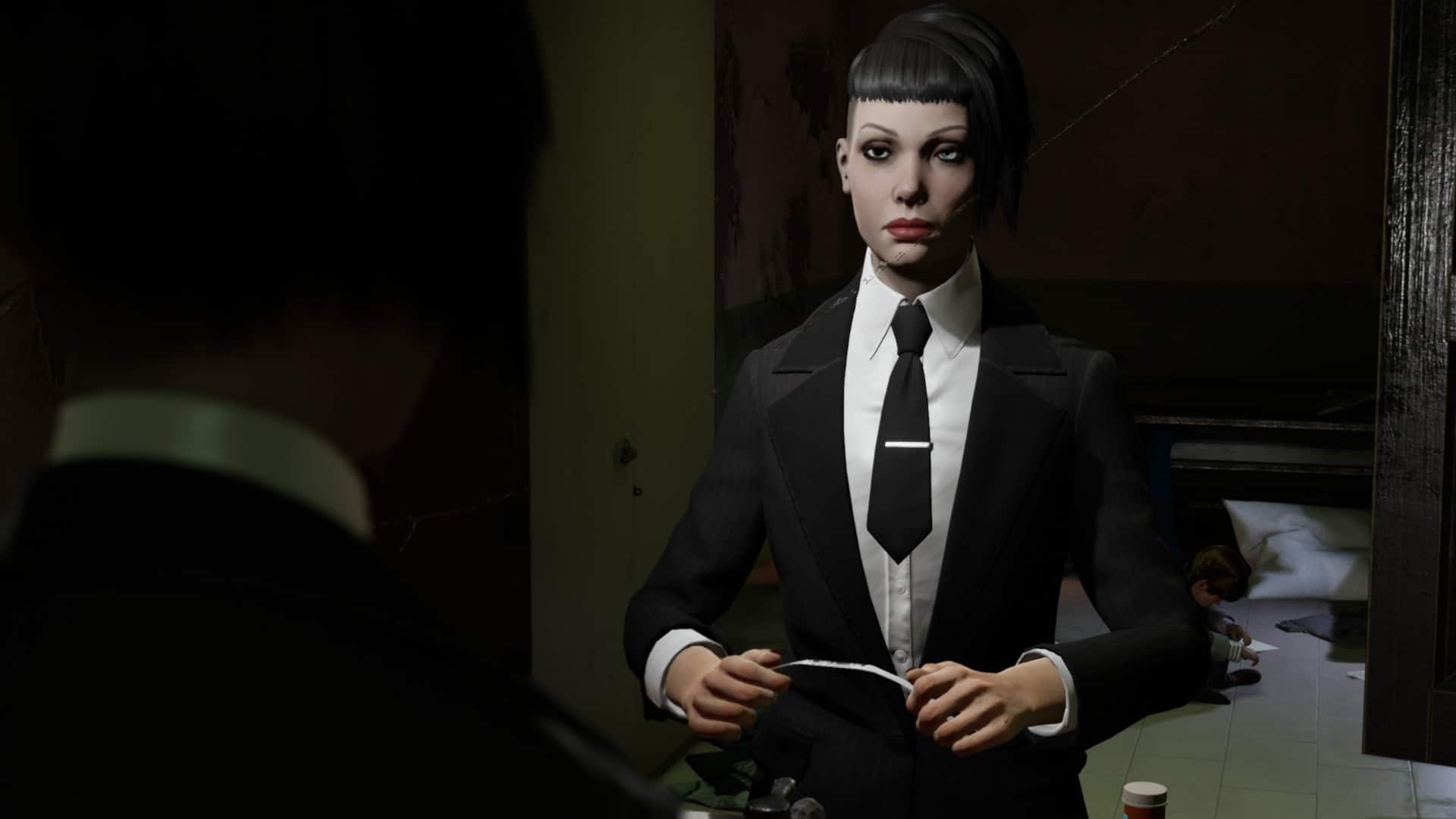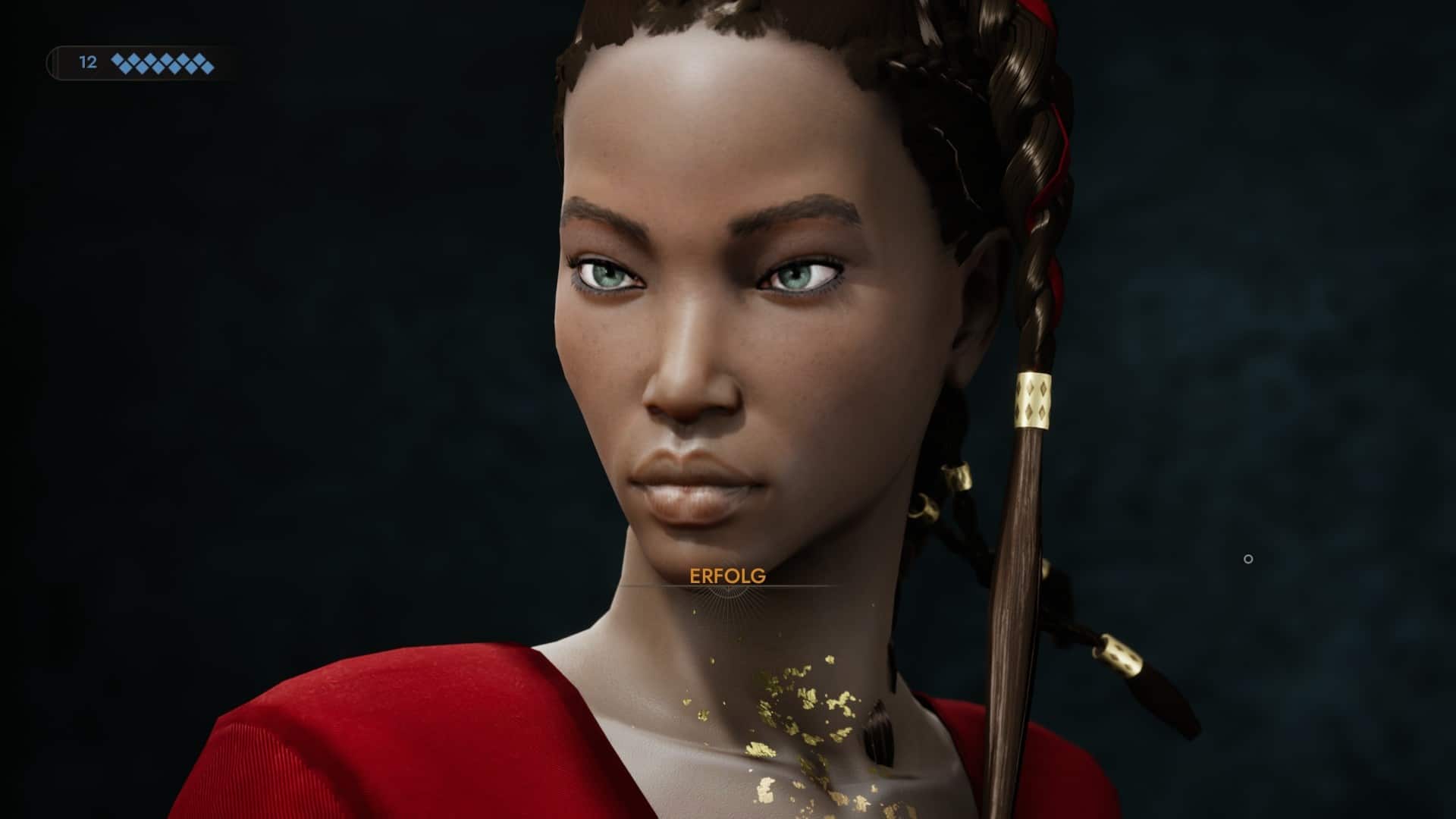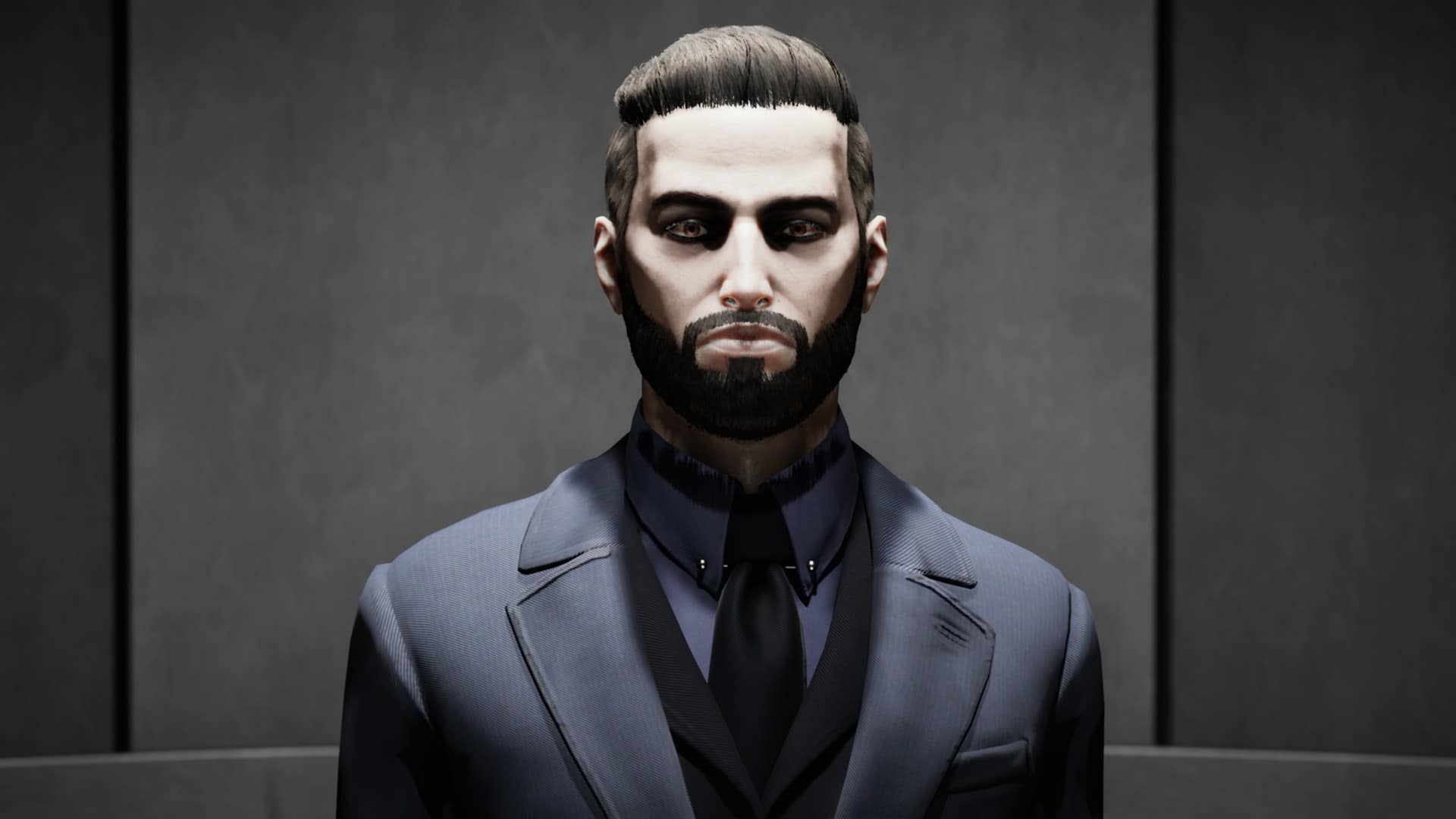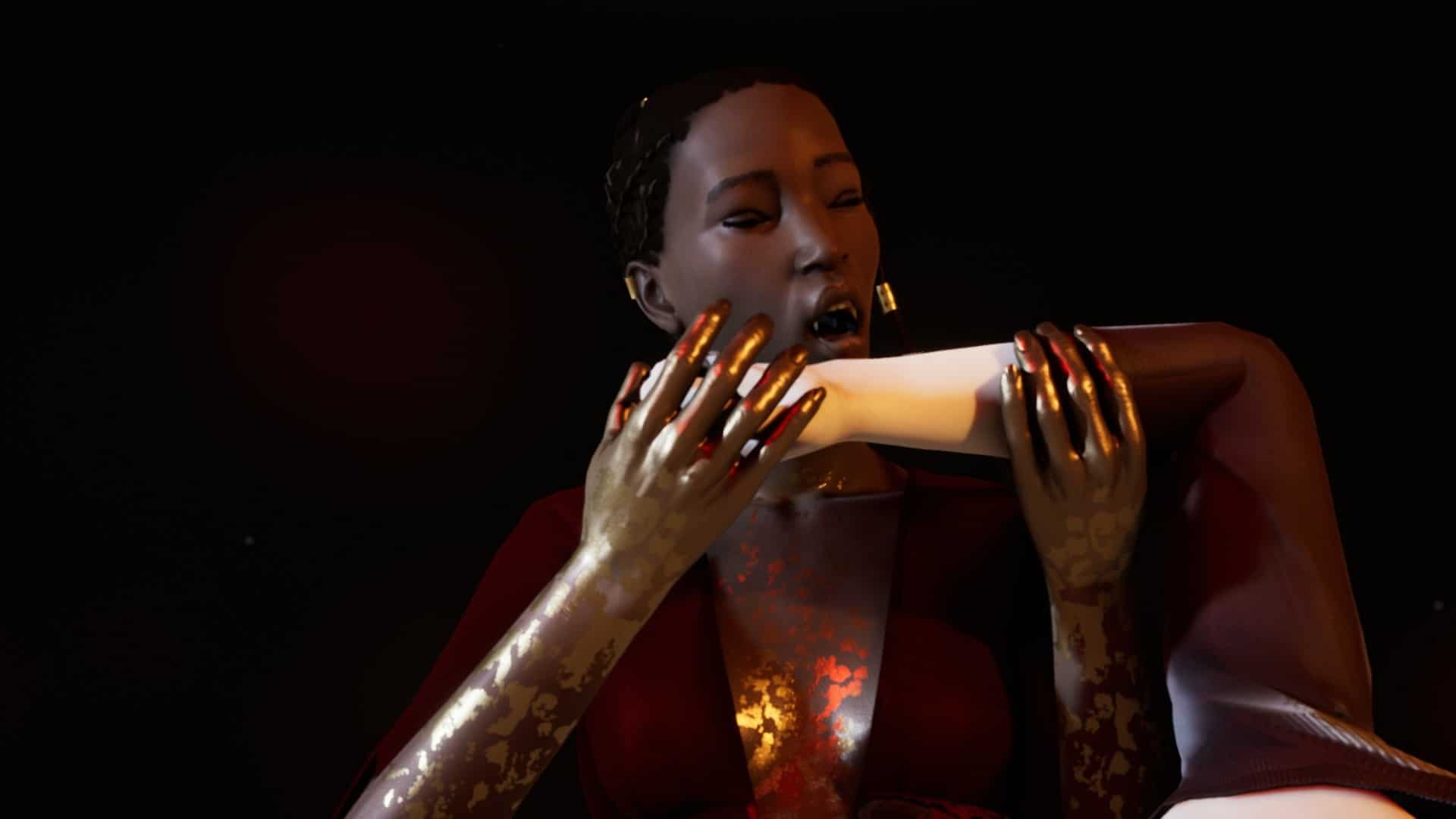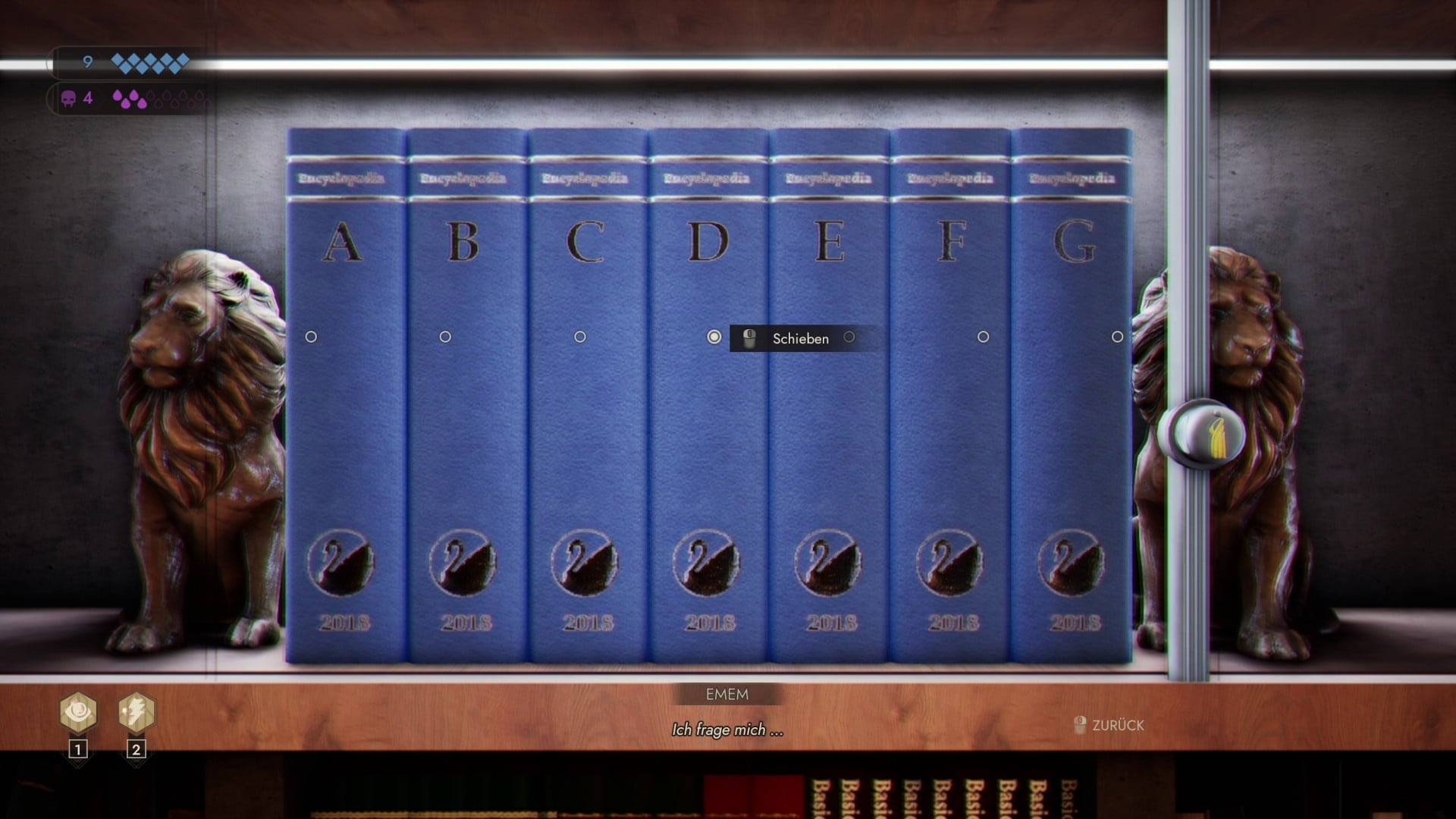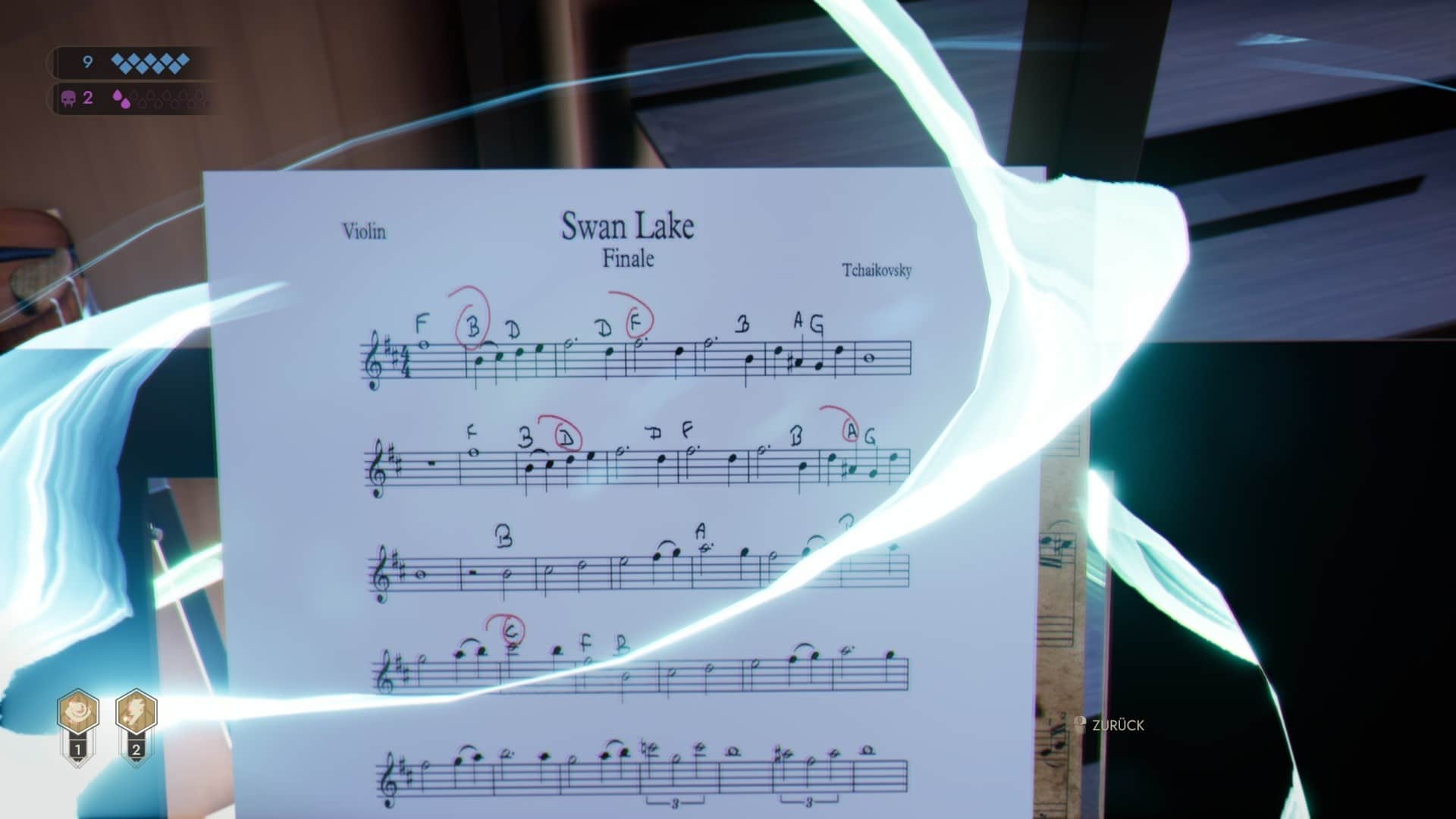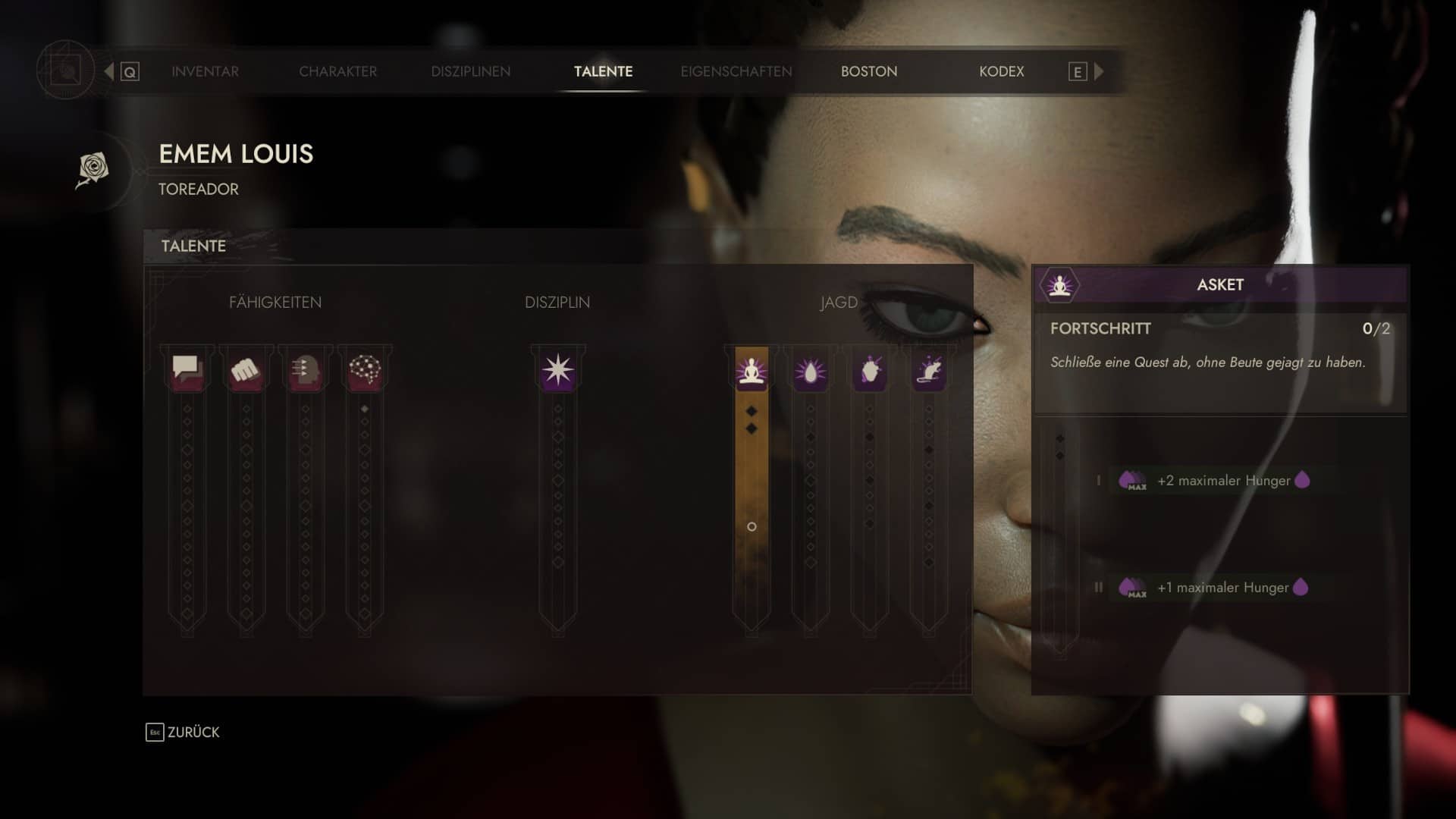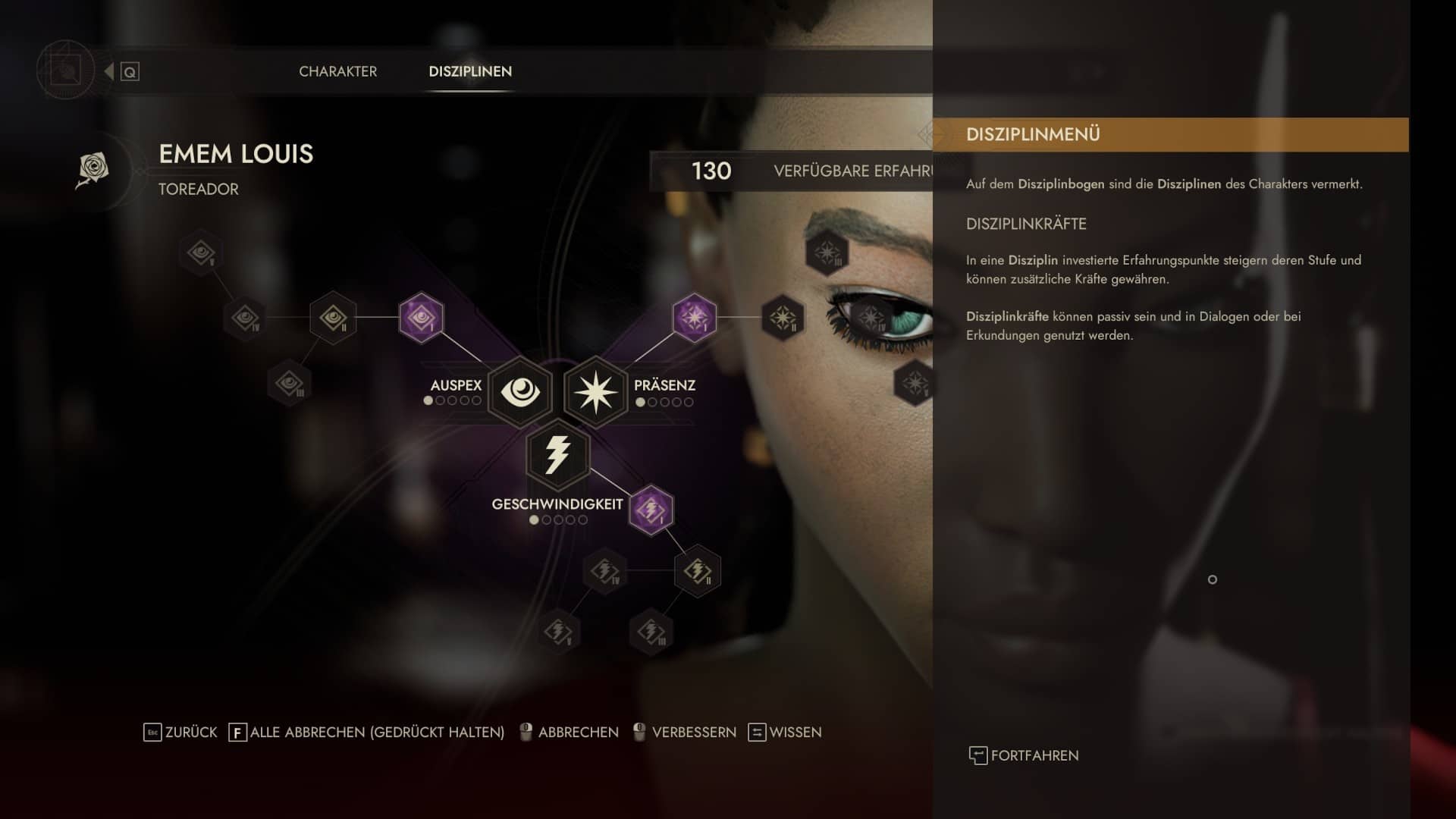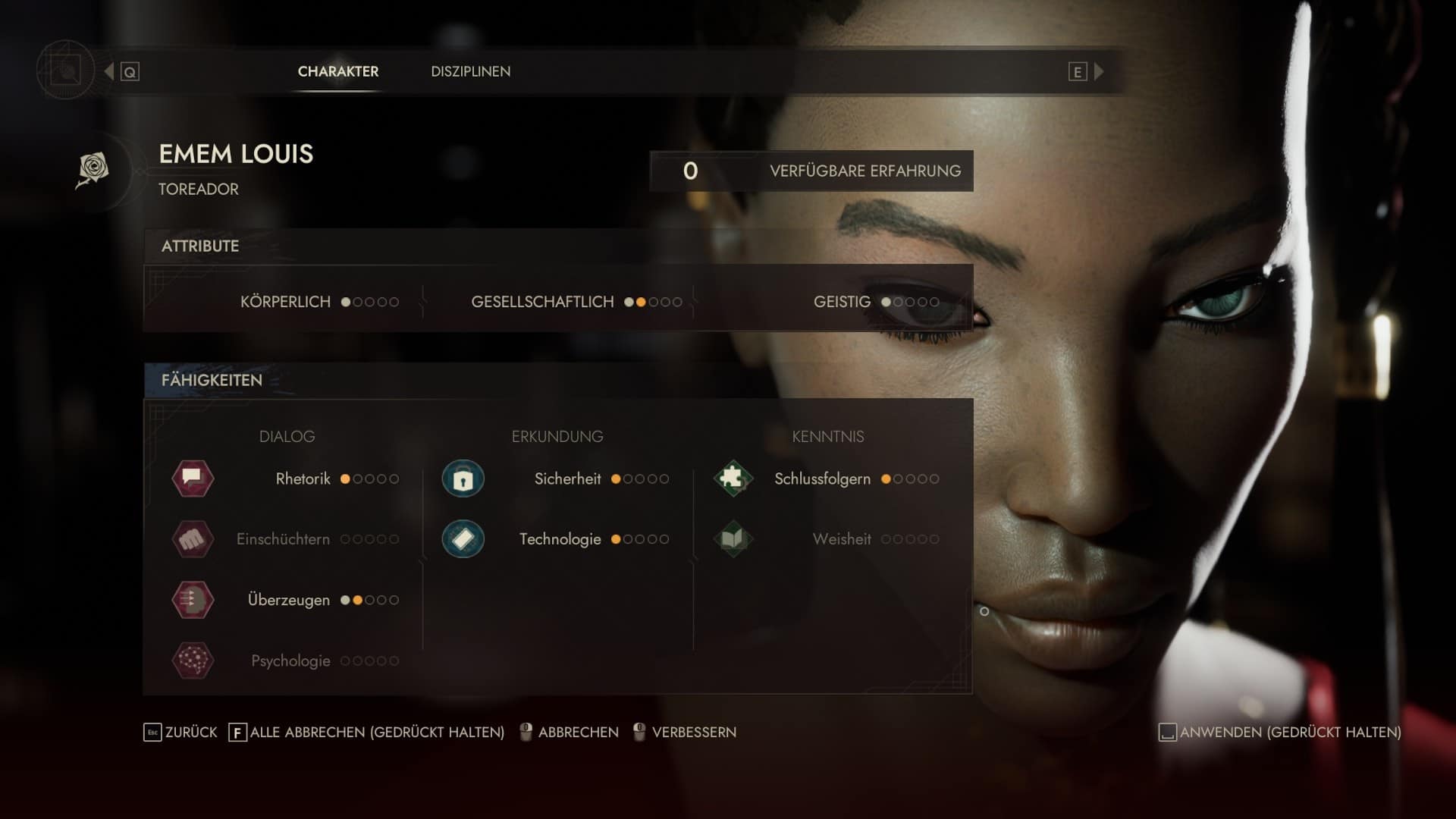At last, a new role-playing game for friends of the cultivated vein-sucking. We have taken a look at the Bloodlines Heir for you.
Vampire: The Masquerade – Bloodlines is considered one of the best role-playing games of all time for good reasons. The nocturnal rambles through the streets of Los Angeles and the smouldering conflict between the vampire clans in it also thrilled me immensely at the time. The bloodsucker RPG, along with Deus Ex, is largely responsible for the fact that I still find secret societies, intrigue and a touch of omnipotence to be the perfect role-playing game recipe.
When GlobalESportNews was looking for a tester for Vampire: The Masquerade – Swansong, I didn’t have to be asked twice, laced on the blood-repellent bib and took a big bite. As you can easily see from the long name, it is based on the same time-honoured tabletop template. Nevertheless, the game experience around the three bloodsucking sleuths is fundamentally different from that in Bloodlines. I will now tell you why this exciting crime story is still worth a neck bite.
Table of Contents
Between embrace and stab in the back
In the vampire court of the prince, everyone wants to go for the jugular. What else would you expect from the predatory creatures of the night?
Under normal circumstances, at least the appearance of a noble façade is maintained there, but in view of the declared state of emergency (Code Red), important alliances are now threatening to break and friendships topple.
Unity is needed right now, because while the court of Boston threatens to tear each other apart, the Leopold Society is already positioning its chess pieces. The Vatican’s vampire hunters have been on the bloodsuckers’ heels since the Middle Ages and know full well that they fear nothing more than a Second Inquisition. Well, apart from the sunlight, of course.
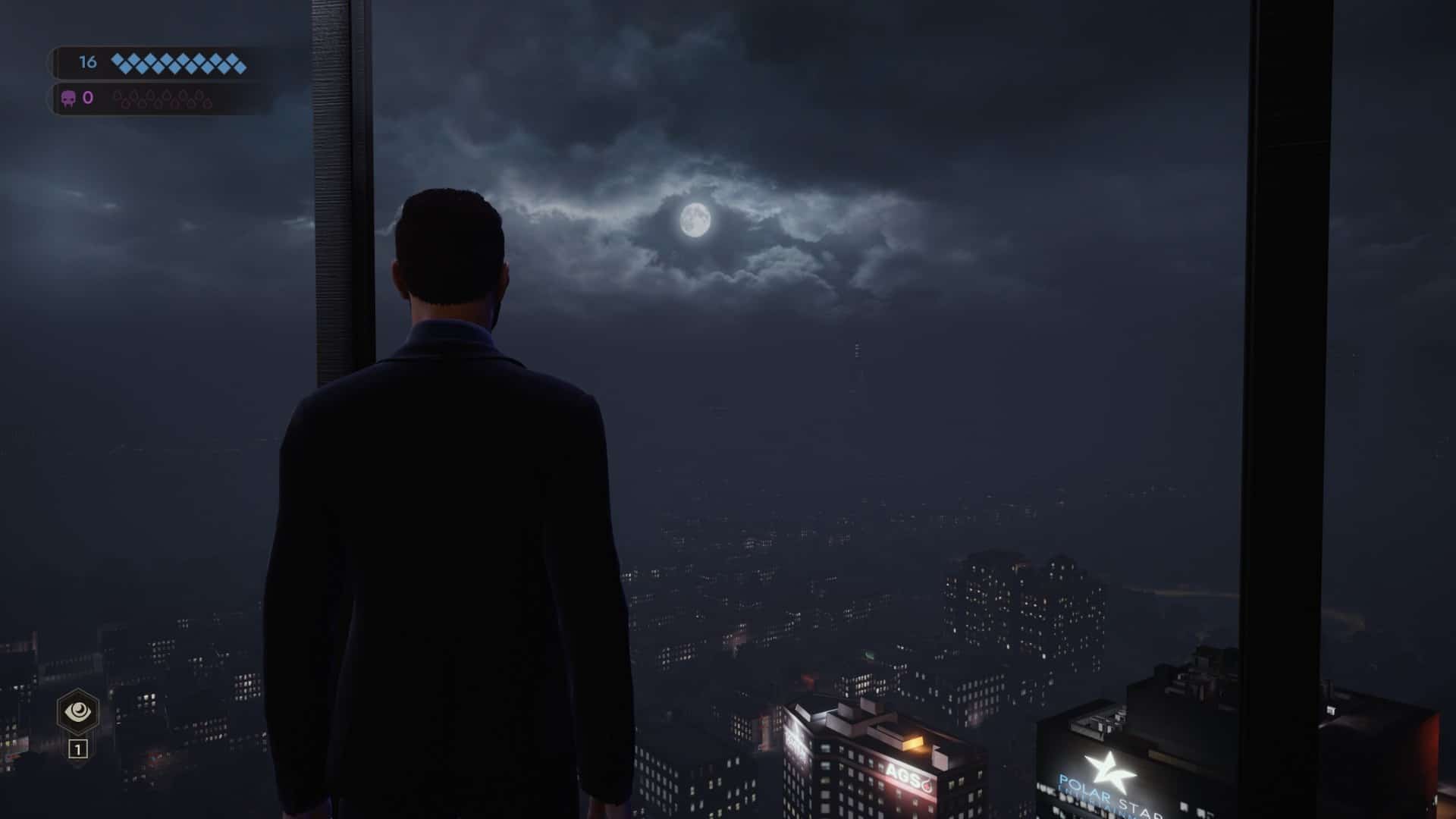
Princes? Who were they again?
As is usual with games with templates that have matured over decades, Swansong offers a fair amount of depth and also brings its own vocabulary for this. For those who are not yet familiar with the masquerade and the various vampire clans, the extensive in-game codex offers plenty of reading material.
Fortunately, it is excellently translated and perfectly complements the already dense atmosphere. Its entries flutter to you bit by bit when you encounter concepts and terms from everyday vampire life.
Dossiers on the game’s many characters, including your three protagonists, are also regularly updated, allowing you to identify with them more strongly than the game would have been able to through dialogue alone.
Incidentally, in the Camarilla, a prince is something like a local governor who enforces the laws of the masquerade and thus prevents the numerically superior people from becoming suspicious. The title does not change even when a woman holds the office. At the time of the game, Hazel Iverson is in power in Boston.
I didn’t fall to ashes like a bloodsucker at noon while testing Swansong, but the really unattractive facial and movement animations made me squint my eyes several times. Fortunately, the characters quickly ensnare me in other ways, so this technical deficit fades into the background after a short period of getting used to it.
In fact, I find it extremely remarkable how alive the characters come across despite their stiff faces and undead nature in the numerous dialogues and cutscenes. This is mainly thanks to the efforts of the English voice actors, who really put in the work over long stretches. They don’t belong to the first Hollywood ranks, but each character introduced lets his or her own quirks or vanities show through and therefore has value for atmosphere building.
Of course, this includes the three protagonists, whose roles I am allowed to slip into in turn and who not only behave delightfully differently, but also play like them thanks to divergent talent trees.
In contrast to Bloodlines, however, we do not steer them through an open world, but only from location to location. There is no active fighting here either, but that doesn’t mean that we can’t let a lot of people die with our decisions.
We also solve dangerous situations in dialogues. When things get dicey, they sometimes have a timer and become moderate quick time events. If Galeb runs out of arguments, he can become quite violent)”.
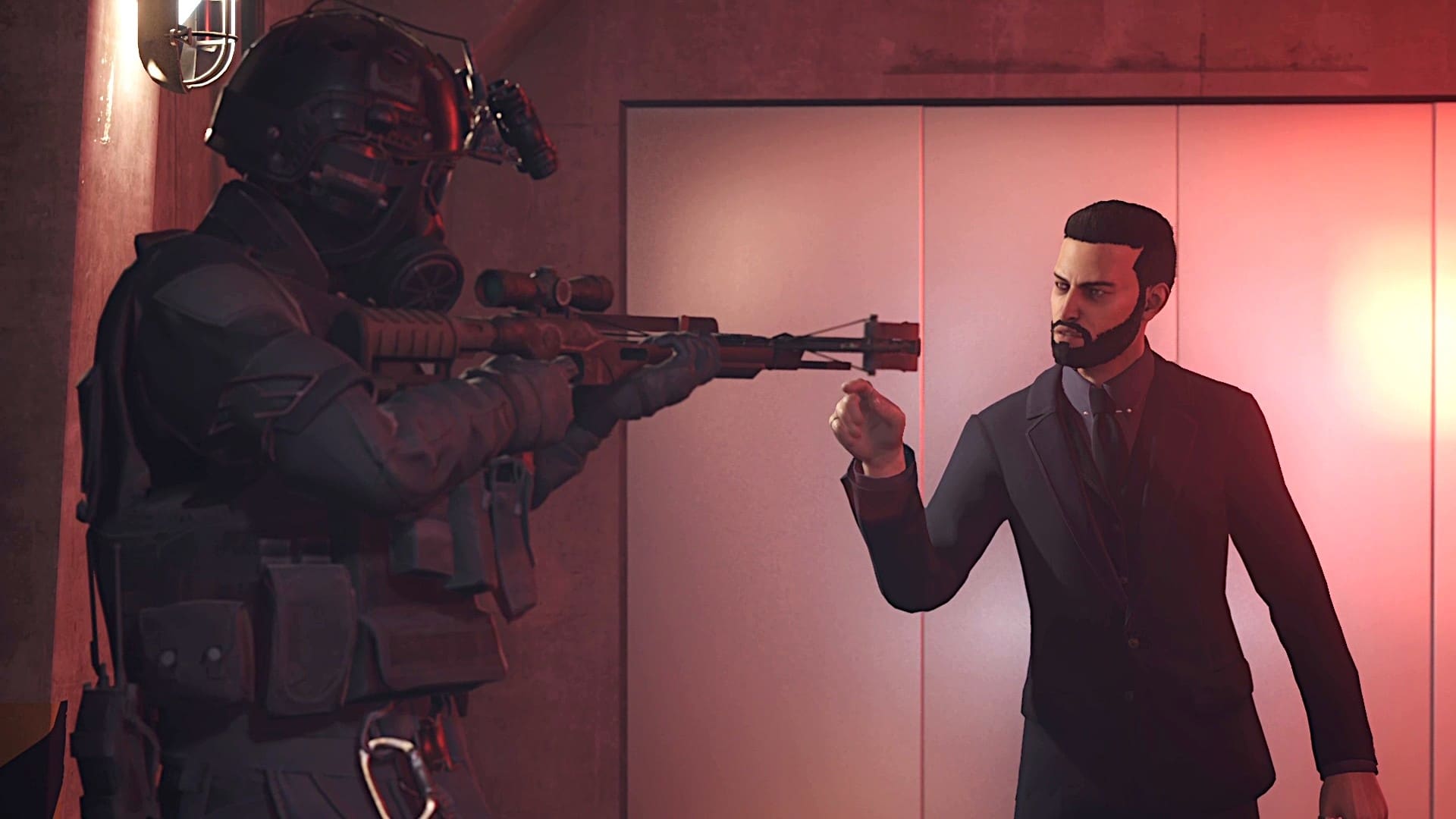
Woven Fates
At the court, the three characters occupy completely different positions at the beginning and the turbulent times constantly confront them with the choice of whether to act for their own good or for the good of the established order.
The most experienced of them is Galeb, who has made a name for himself as the bloodhound of changing princes since his transformation in the 18th century. He is a master at imposing his will on others and does so with nefarious finesse.
The second of the bunch is Emem. At 118, she is much younger than Galeb and grew up between the world wars in the burgeoning jazz scenes of Paris and Vienna. After France’s surrender, she fled to Boston with her vampire lover and founded a series of nightclubs there. Her special talent is her speed, thanks to which she can bag objects in a flash or flit from one place to another at certain points in the game.
The presumably youngest of the trio is Leysha. “Presumably” because, as a member of the Malkavian clan, she is not one hundred percent dense in the upper mind. Fans of Vampire: Bloodlines will still remember the wonderfully weird dialogues you were allowed to have as a member of this clan.
Leysha, in contrast, can express herself normally, but struggles with recurring memory loss throughout her life. A high price, but one that is outweighed by some very special talents.
Her premonitions make her a sought-after seer at the court of the powerful, and because she can also make herself invisible, the craft of espionage is practically in her blood. This becomes especially clear later when she can even pretend to be other people and take on their form.
There is no free switching between characters as in Grand Theft Auto 5, but at the beginning of each story act I can choose whose chapter I play first. In theory, they run strictly separate from each other at first, but in practice, information learned by one of my three protégés naturally influences my further actions in the skin of the other two.
I dice the truth out of you
And that brings us to the gameplay core of Swansong. It revolves around cracking numerous puzzles and interlocutors. To do this, I meticulously search the sometimes surprisingly large locations for clues, interpret them using my wisdom or powers of deduction and then use the new information profitably in dialogues.
This doesn’t mean that I can’t squeeze my counterpart for all I’m worth if I invest enough points in the four dialogue talents “Rhetoric, Intimidation, Persuasion and Psychology”. With the help of my willpower, I can make up for small deficits here.
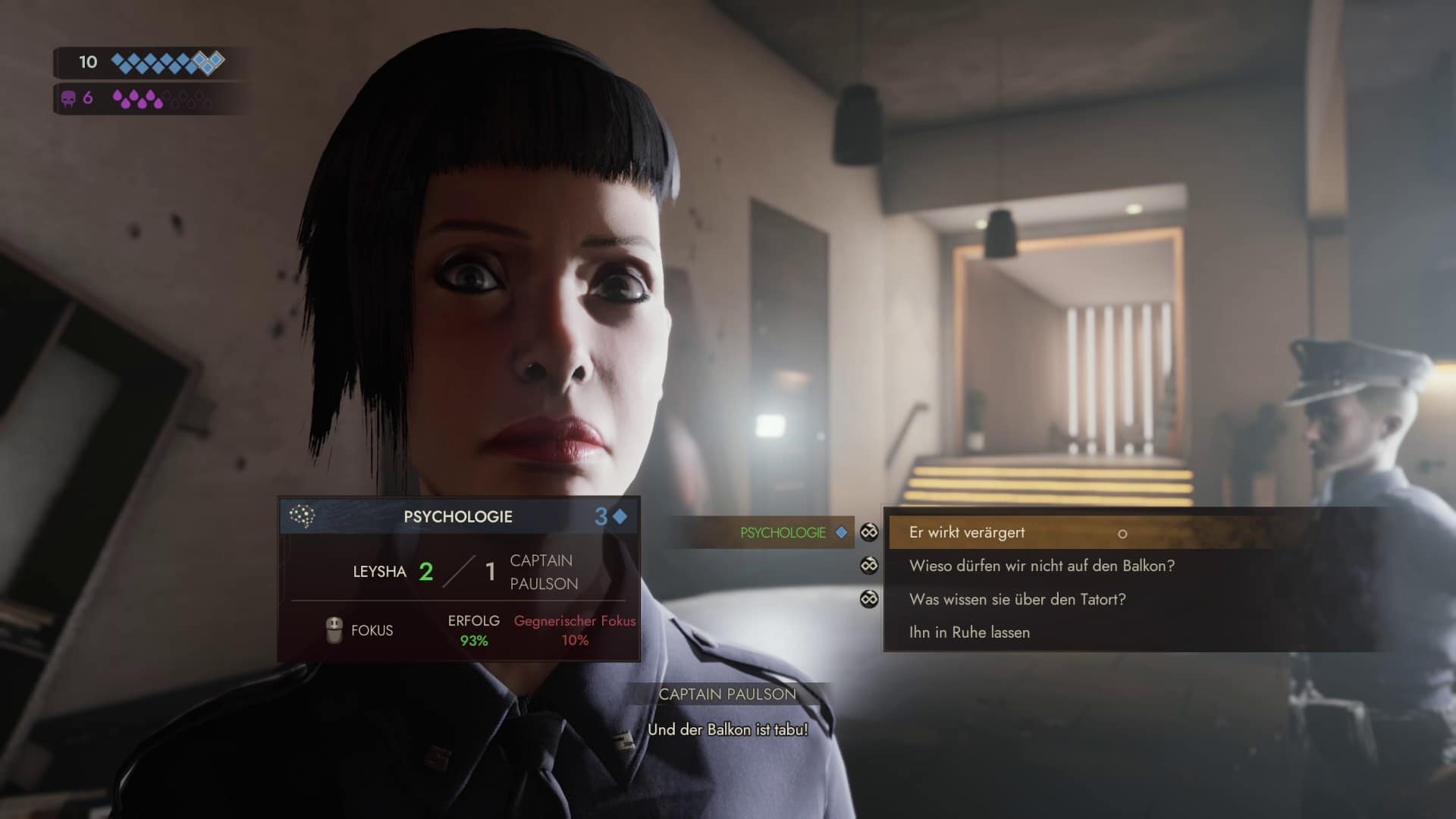
If I outflank my interlocutors in one of these skills, they will reluctantly tell the truth afterwards. In the event of a draw, dice are rolled in the old pen&paper tradition. In such cases, I increase my chances with passive bonuses and rare equipment as well as by actively using special abilities.
The so-called disciplines are divided into three manageable talent trees per character and, in addition to such dialogue jokers, also offer the opportunity to further develop the protagonists’ individual strengths already mentioned.
Ruminate, ruminate and study
Swansong is also characterised by the fact that there are almost always different ways of solving the problem open to me. Instead of hacking a computer or cracking a safe, I can often get their passwords and keys from hiding places or through dialogue.
I am only limited by the two resources of willpower and hunger, which I constantly weigh up against each other, spend as carefully as possible and am only allowed to replenish in a makeshift manner during a mission.
While I keep my willpower high with the help of successful word fights or hidden consumables, I quench my thirst for blood on weak-willed NPCs who are stupid enough to let themselves be lured into an empty next room.
However, if the thirst becomes too great at certain key moments, it can have unpalatable consequences for my mission success. For once my vampire sees red, he no longer makes much distinction between friend and foe and bites into the first living thing with a pulse.
The individual mechanics are so cleverly interlocked that the locations become giant puzzles. Since I’m only allowed to distribute experience points between missions, it’s up to me to figure out how to uncover all the clues with the skills I’ve brought with me and limited action points.
Failure is part of death
After leaving a scene, I then get a summary of my achievements, which even tells me what I missed or could have done differently. The handy scene selection in the main menu lets me repeat chapters I’ve already played at any time.
However, they are only saved automatically and if I mess up a challenge or my talent selection has blocked certain routes in the level, I have to live with these consequences. I don’t notice most of them until much later anyway. So it’s more practical to just sit back and vow to do everything better on the next playthrough.
The only playful dead ends are when the solution to the final puzzle just won’t occur to you at certain bottlenecks. That is the disadvantage of the fact that Swansong hardly takes you by the hand. But when the saving idea does come, it feels all the more satisfying.
Whereas in the Telltale games, which are always used for comparison, many decision-making options are only pretended, Swansong really delivers in this area. The countless branchings actually lead to different results, and after about twenty hours of play they result in no less than 15 different endings.
Editorial conclusion
Vampire: The Masquerade – Swansong is, on balance, a very good detective game with interesting characters and just enough role-playing elements to deserve the name. But is it also a good vampire game?
Opinions differ on that, because while the secret society of bloodsuckers undoubtedly makes for an exciting setting, it could easily be replaced by one without fangs. The good old Illuminati from Ingolstadt would certainly be willing to play the part.
And although I very much approve of the fact that Swansong doesn’t chew up solutions for me and thus lets me live out my inner Sherlock to the full, at the same time it seems disconcerting that I can get so bogged down that half the clues remain blocked to me. Here the game walks a fine line between the freedom to make mistakes and tangible balance weaknesses.
But for those who, like me, love to rummage through drawers without permission, spit in the soup of conspirators and can’t get enough of talent checks in dialogues even in a thousand years, Swansong offers a long overdue infusion of gaming fun.

